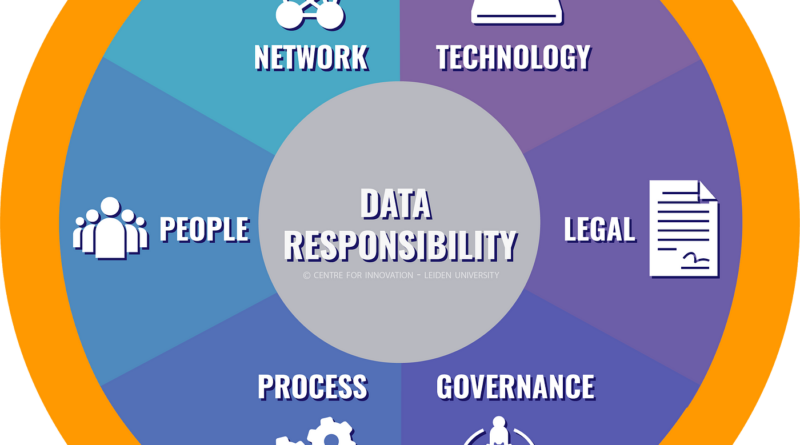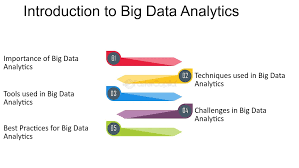The technology of data science brings along a certain degree of obligation for handling it responsibly
In the Digital Age, the phrase “Big data” is an indisputable notion of mind-boggling data that snowballs 24/7 from our internet activities, e-commerce transactions, and social networking sites. The true magnitude of big data’s potential to radically change industries and improve human lives isn’t in doubt; meanwhile big data responsibilities are also of significance.
With the use of the big data, we have access to huge number of both organized and non-organized data within our companies and organizations on daily basis. This information is made up of many sources, namely the social media posts and website clicks together with the sensor data and financial transactions. Utilization of this huge and concentrated source of knowledge can serve as a basis for determining consumer tendencies, market directions and for optimizing your operations.
The value of developing advanced data capabilities in healthcare and finance to retail and transportation has changed the nature of the industries. Earlier, resulted in high level of randomness. Now, businesses can take accurate data driven decisions, thus improving productivity, cost reduction, and innovation. To sum up, big data analytics not only solves existing challenges in the economy sphere, but also raises hope of dealing with some of the society daunting matters like healthcare inequalities, ecology and planning.
On the one hand, a leader who uses their power for personal gain or their own agenda will result in failure, but on the other hand, leadership that is all about putting the best interest of the community, organization or nation first is what can take us to success. The collection and whether big data or not, ethical, and legal question arise in relation to privacy, security and data may cause biases when using it for some analysis. With an increasing surge in personal information collected by organizations, they must put into place a system that would make sure they are using them responsibly and in compliance with data protection laws such as the General Data Protection Regulation (GDPR) and the California Consumer Privacy Act (CCPA).
Protecting data privacy and security of individuals-HAS got to come first. Companies have to take compulsory steps to establish watertight information security measures which will keep both the data from leaking and access unauthorizedly. Additionally, they should to be be open about with on with and the and give the users with a range of options for controlling their personal data.
.
Furthermore– data analytic algorithms can be prejudice without being noticed, and any form of neglect can worsen and multiply injustice in a society. Dirty data or sloppy algorithms can cause discriminatory results in hiring, lending, and justice, for example, fields. Consequently, there are constant checks and plays the role of the negative feedback throughout the whole process of data lifecycle from the collection and pre-processing to the model training and deployment.
To ensure the ethical application of big data, organizations need to put out a system of clear rules and governance and the framework. By doing audits in regular intervals, listening to the public opinion and taking remedial actions in case data-driven decision making failed for any reason are some ways to dodify this.
Eventually, these tremendous times of data offer once in a lifetime chances to invent and improve. While having all this said, though, the achievement of this potential must not derive from commitment to ethical standards, privacy security, and mitigation of biases. Through the identification and willingness to face the challenges, we can harness the power of big data to build a society where everyone has equal rights and a chance to develop and prosper.




